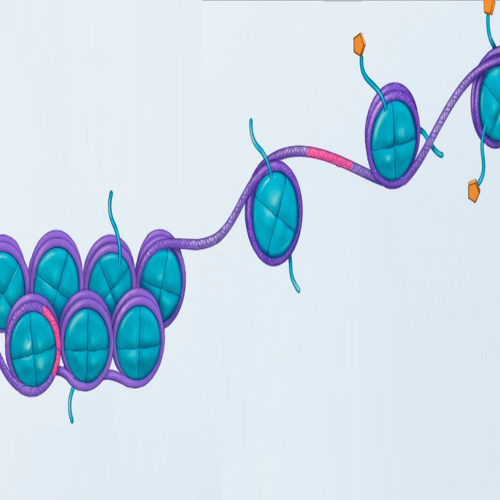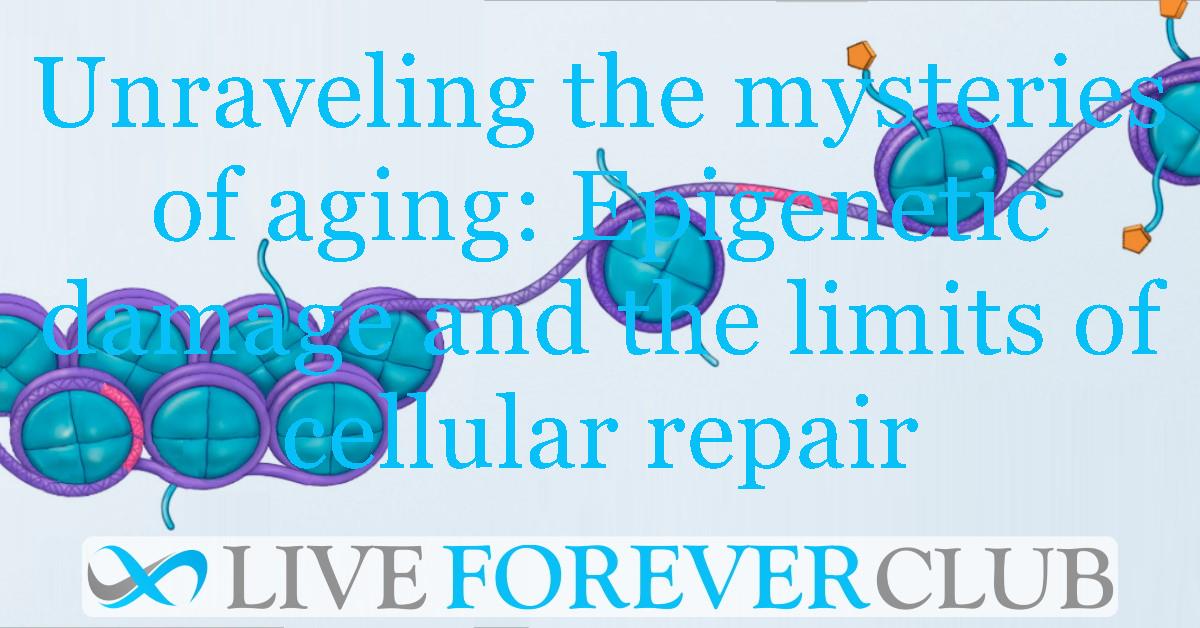Aging, a universal process that impacts medicine and society, has long been a topic of debate among scientists. Recent research has highlighted the potential role of epigenetics, or changes to gene expression that don't involve alterations to the DNA sequence itself, in aging. Epigenetic clocks, which can predict chronological age based on specific methylation sites, have gained attention for their association with aging. However, their precise mechanism remains unknown.
A new study proposes a model to explain aging based on epigenetic fidelity, or the accuracy of maintaining epigenetic information. The researchers argue that over time, epigenetic information becomes corrupted, leading to a loss of fidelity. This corruption is thought to be an inevitable part of aging, as the cell cannot perfectly repair epigenetic damage when it occurs.
The researchers suggest that epigenetic damage creates a feedback loop, in which deregulation leads to further deregulation and ultimately results in the general aging phenotype. This process is gradual and accelerates as the feedback loop gains momentum. The study emphasizes that aging is not solely the result of systemic damage but also involves "definition damage" - changes to the accepted norm due to the tautological nature of epigenetic regulation.
The theory presented in this study provides a comprehensive explanation for the aging process, from the logical necessity of epigenetic damage to the observable signs of aging. It suggests that biological aging is driven by the inherent limitations of cellular repair systems and the constant accumulation of epigenetic damage.
Research led by Joao Pedro de Magalhaes, University of Birmingham, publish on bioRxiv (pre-print server).





